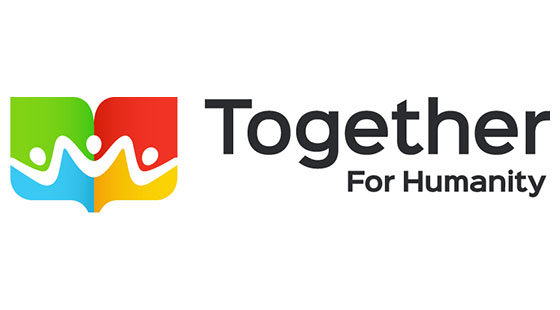ACSSO Submission to the Senate Education and Employment References Committee Inquiry into school refusal
February 2023
ACSSO believes that education is essential for both the development of the individual and the development of society, and that a high-quality education is in the interests of a society as a whole and is the right of every individual. However, developing a plan to take schools in the right direction is difficult, as the issues may change depending on who is labelling them. Reasons for school refusal include biological, psychological, and social factors, such as bullying. Additionally, children and youth with mental health challenges sometimes experience difficulty going to school due to mental health needs not being identified and addressed. ACSSO is aware that accessing the services that children and youth may need, to help them better manage and support their mental health needs at school, can be challenging.
However, if appropriate services are put in place, they can often maximise success and minimise negative impacts for students. Mental health can affect young people in a variety of ways and to varying degrees in the school environment, so it is important to consider the individual needs of each person and be able to flex to provide more or less support, as needed. COVID-19 is becoming a more accepted part of daily life, but it can still present challenges. COVID-19 has denied a large cohort of young people the opportunity to cultivate social and navigational capital, leading to a lack of access to computers and the internet. The Organisation for Economic Co-operation and Development (OECD) reports that 9% of 15-year-old students do not have a quiet place to study in their homes, and this is disproportionally the case among disadvantaged students.
This crisis exposed the many inequities in our education system, from the broadband and computers needed for online education, to the supportive environments needed to focus on learning, up to our failure to attract experienced and innovative teachers to the most challenging classrooms. When we fail, we can experience a range of uncomfortable emotions such as shame, disappointment, sadness, worry, anger, and embarrassment. Neurodiversity is the idea that there is no one "right" way of thinking, learning, and behaving, and differences should not be viewed as deficits. It is important for teachers to provide an opportunity for neurodivergent learners to share their experiences in a comfortable and considerate environment, and for service providers and schools to engage with families from day one to facilitate the trusted relationships needed to discuss a student's wellbeing. Family Engagement modules should be mandated in teacher training courses, and there must be regular professional development sessions in Family Engagement strategies and wellbeing awareness.
Government failure to provide sufficient resources to government school systems can be seen as critical in the responsiveness of departments, schools and teachers to the needs of those with significant special needs. Education is vital to the wellbeing of any society, but it is especially crucial to the survival of a strong democratic country such as Australia. International reviews have identified that the Australian school system is one of the most inequitable and socially segregated amongst the rich countries of the world. Australia once had a progressive and future-looking education system that led the way and provide good learning for all children. ACSSO sees three major issues facing educational relevance today: resistance to change, inflexible education budgets, and outdated professional development strategies.
To address these issues, schools and jurisdictions must start thinking strategically about their programs. ACSSO is committed to access, equality, equity of outcomes, excellence, and participatory democracy. In the wake of the global pandemic, equity in education must be at the forefront of discussions by educators, the government and special interest groups. Equity is important for students who come from less advantaged households, have English as a second language, and/or have different learning abilities. It requires honesty about inequality and a commitment to individuals with unique needs and those who are disadvantaged by systemic inequalities.
Newsletter
Projects
- Family Engagement
- Family engagement in school
- Family engagement reflection and planning tools
- 2020 Conferences
- Families supporting learning at home
- ACSSO Webinar Series
- Parents understanding asian languages
- Family support networks
- Family School Community Partnerships Bureau
- Submissions
- Family engagement in school videos
- Online safety
- ACSSO-APC NTPS AITSL Pilot Project 2011
- Our relationships
- Australian Curriculum Review Resource Kit for Parents
- Family engagement website links
- Representation
- Ford: Driver education
- Conferences
- Forums
- Archive Submissions
- Projects
- Research
- Advocacy
- Family Engagement in Schools: Enabling and Energising
president@acsso.org.au
ceo@acsso.org.au
PO BOX 8221,
Werrington County,
NSW, Australia, 2747
0497 042 026 (Monday, Tuesday & Thursday)
0418 470 604 (Monday through to Friday)








